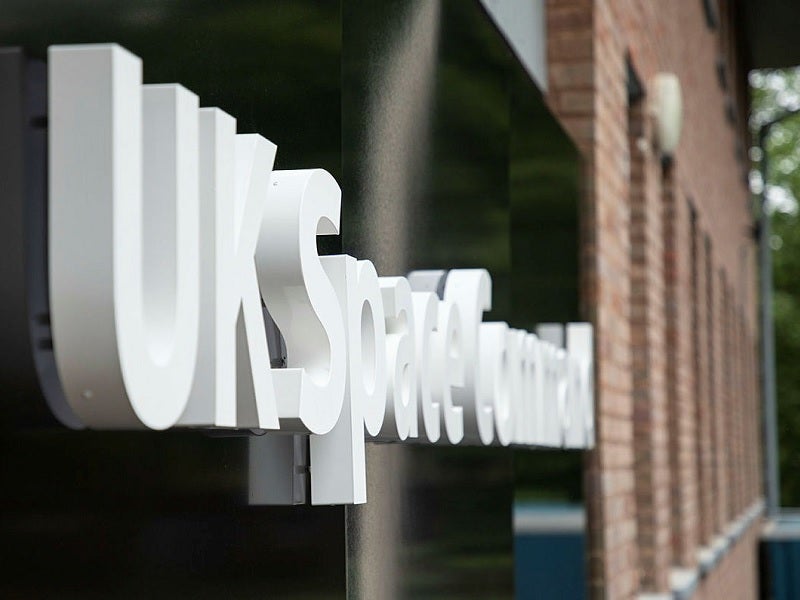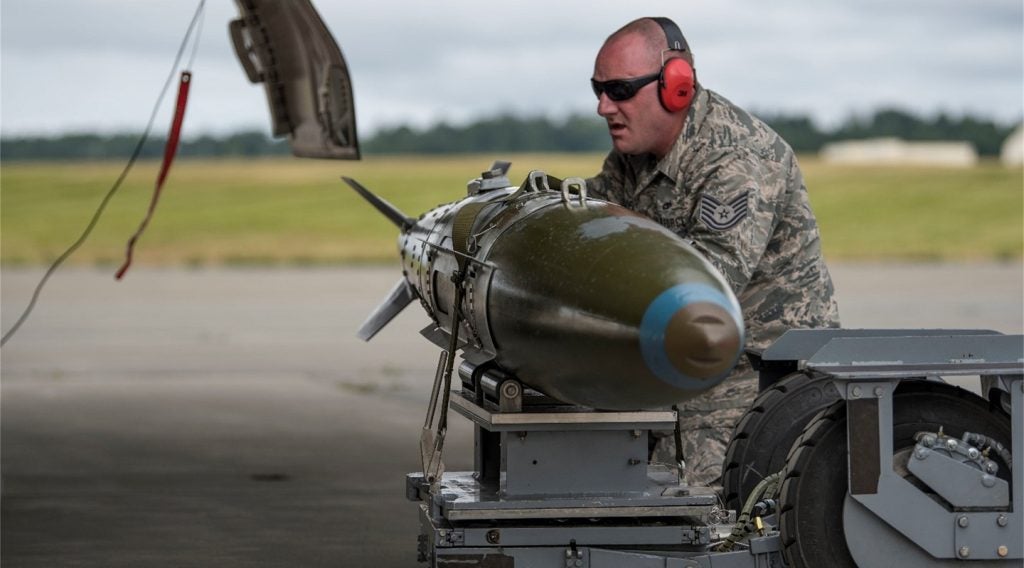
With space now widely acknowledged as a contested domain, the UK is moving ahead to determine how best it can secure its defence interests, amid a rapidly increased range of threats from states such as China and Russia, many of which fall below the threshold of war.
To this end, in 2021, the country stood up UK Space Command, a dedicated structure to oversee space-based operations, not least of which will be taking operational command of the new Skynet 6 military satellites when they are launched. Previously, operations would be managed through the Ministry of Defence’s Space Directorate, which will now gradually cede responsibilities to the newly minted Space Command.
Speaking at the recent Space Comm Expo in Farnborough on 8 September, Air Commodore Mark Flewin, head of operations, plans and training at UK Space Command, described the environment in space as being at an “inflection point”, where the perceived peaceful use was being challenged.
In 2021, Russia created headlines around the world, and a cloud of debris to follow, after it carried out an anti-satellite (ASAT) test on one of its defunct military platforms in Earth orbit, with fallout from the missile strike leaving tens of thousands of new objects threatening space-based infrastructure.
“The threat is evolving, diversifying. In addition to ASAT, we are also seeing sub-threshold, [with] dazzling, spoofing, hamming [operations] that are very difficult to attribute,” Flewin said, adding that the UK needed to “increase [its] resistance to make it harder for hostile states to target us”.
These non-threshold attacks are used to disrupt terrestrial operations or sow disinformation for military or political ends. In one instance in 2021, the UK was victim to a spoofing attack when the automated identification signal, also known as AIS, of the Royal Navy destroyer HMS Defender, operating in the Black Sea near Russian-occupied Crimea, was ‘spoofed’ to indicate that the vessel had actually crossed into Russian territorial waters.
How well do you really know your competitors?
Access the most comprehensive Company Profiles on the market, powered by GlobalData. Save hours of research. Gain competitive edge.

Thank you!
Your download email will arrive shortly
Not ready to buy yet? Download a free sample
We are confident about the unique quality of our Company Profiles. However, we want you to make the most beneficial decision for your business, so we offer a free sample that you can download by submitting the below form
By GlobalDataSuch incidents service to furnish states with a perceived casus belli to launch reprisal attacks or operations, with the information usually intended for internal state consumption or external sympathisers.
Flewin also spoke of the need for the UK to work with international partners in developing a coherent multinational strategy for the space domain. Currently, the UK’s Foreign Commonwealth and Development Office is leading efforts in the United Nations to create a defined set of operational norms for the space domain, which could outlaw ASAT tests.
Through interacting with allies and partners, Flewin said the UK would be able to assist in forming a “western space alliance”, a phraseology that further indicates the contested nature of Earth-orbit space. In 2021, NATO altered the wording of its famed Article 5, whereby an attack on one member would provoke an automatic response by all others, to include activities in the space domain.
In recent years, NATO or US-allied states have created their own bespoke space command structures to provide more strategic focus on the space domain.







